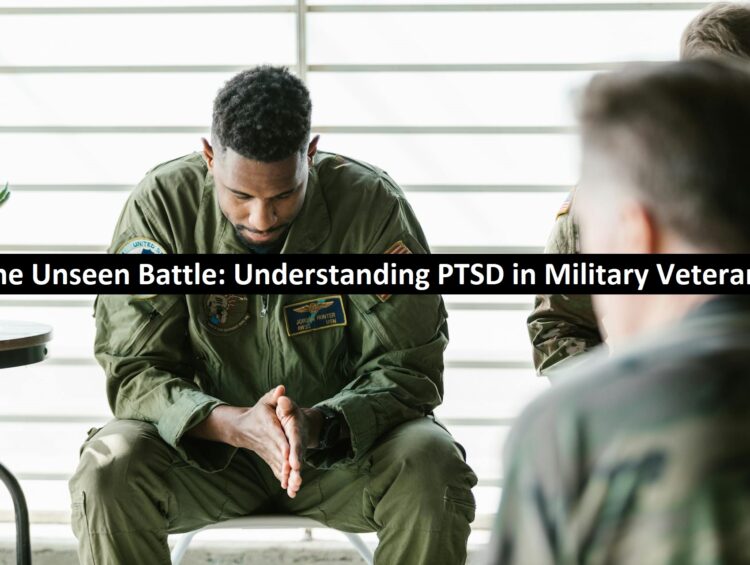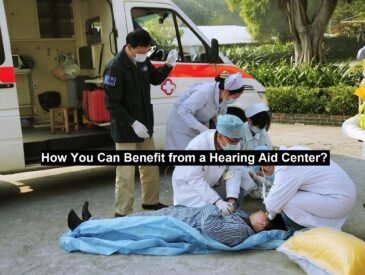Post-Traumatic Stress Disorder (PTSD) is a serious mental health condition that profoundly affects many veterans. Stemming from the intense and often traumatic experiences of military service, PTSD presents with a variety of symptoms such as intrusive thoughts, extreme anxiety, heightened alertness, and emotional detachment. These symptoms can disrupt a veteran’s daily life, relationships, and overall well-being.
The demands of military service, which often involve exposure to life-threatening events, witnessing violence, and sustaining injuries, place veterans at a high risk for developing PTSD. The transition to civilian life can further exacerbate these symptoms, adding to the challenges veterans face. Unfortunately, stigma and a lack of understanding often prevent timely access to effective treatment.
Infographic provided by Veteran Car Donations, a top company for Michigan car donationsAddressing PTSD in veterans requires a comprehensive approach that includes psychological, medical, and social support. Evidence-based treatments like Cognitive Behavioral Therapy (CBT) and Eye Movement Desensitization and Reprocessing (EMDR) have been effective in managing PTSD. Additionally, peer support and veteran-specific mental health services are critical components of recovery.
Providing adequate care for veterans with PTSD is not just a healthcare priority; it is a societal responsibility, acknowledging their sacrifices and ensuring they receive the support they need.





